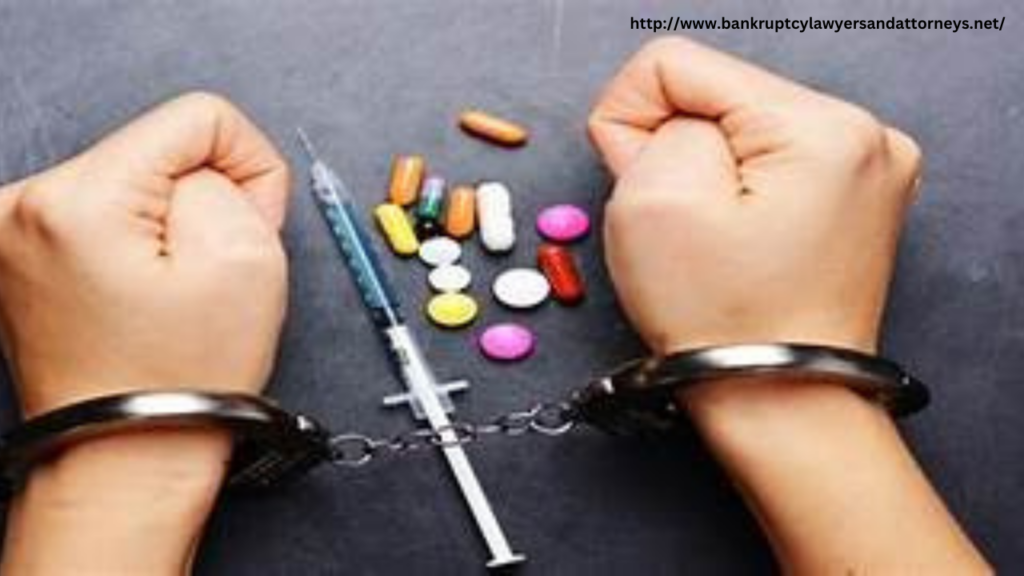
Addiction can have serious legal consequences, leading individuals down a path that often includes arrest, court proceedings, and, in some cases, incarceration. However, the legal system also offers opportunities for rehabilitation and recovery. Understanding how the legal system interacts with addiction can help those struggling with substance abuse navigate their legal challenges and work toward a better future.
The Arrest: When Addiction Leads to Legal Trouble
Many individuals with substance use disorders come into contact with law enforcement due to drug-related offenses. Some of the most common reasons for arrest include:
- Drug Possession – Being caught with illegal drugs or misusing prescription medication can result in misdemeanor or felony charges, depending on the type and quantity of the substance.
- Driving Under the Influence (DUI) – Operating a vehicle while intoxicated by drugs or alcohol can lead to severe penalties, including license suspension, fines, and even jail time.
- Theft and Fraud – Individuals struggling with addiction may commit crimes such as shoplifting, credit card fraud, or burglary to support their substance use.
- Public Intoxication and Disorderly Conduct – Being under the influence in public can lead to arrest, particularly if the individual is causing a disturbance or endangering themselves or others.
An arrest can be a turning point in a person’s life, signaling the need for intervention and recovery. While the legal consequences of addiction can be severe, many courts recognize that substance use disorders are medical conditions that require treatment rather than punishment.
The Court System: Legal Options for Those Struggling with Addiction
After an arrest, the next step is the court process, where individuals may face criminal charges. However, the legal system offers several alternatives to incarceration, particularly for non-violent offenders with substance use disorders:
1. Drug Courts
Drug courts are specialized programs designed to help individuals recover from addiction instead of serving jail time. Participants must complete treatment, attend counseling, undergo drug testing, and regularly appear before a judge. Successful completion can lead to reduced charges or even case dismissal.
2. Diversion Programs
Some jurisdictions offer diversion programs that allow first-time or low-level offenders to complete rehabilitation instead of facing traditional prosecution. These programs often include substance abuse education, counseling, and community service.
3. Probation and Mandatory Treatment
Instead of jail time, courts may sentence individuals to probation with strict conditions, such as attending rehabilitation, staying drug-free, and meeting with a probation officer regularly. Failing to comply with these conditions can lead to harsher penalties.
Rehabilitation: A Path to Recovery and a Fresh Start
For those facing legal trouble due to addiction, seeking treatment is the best way to break the cycle of substance abuse and criminal behavior. Rehabilitation programs offer medical detox, therapy, and support to help individuals regain control of their lives. Completing treatment can also improve legal outcomes, as courts often view rehabilitation efforts favorably.
Conclusion
While addiction can lead to legal trouble, the legal system also provides opportunities for recovery. From arrest to rehabilitation, individuals can navigate the legal side of addiction by seeking help, complying with court-ordered programs, and committing to long-term recovery. With the right support, those struggling with addiction can turn their legal challenges into a chance for a healthier, more stable future.